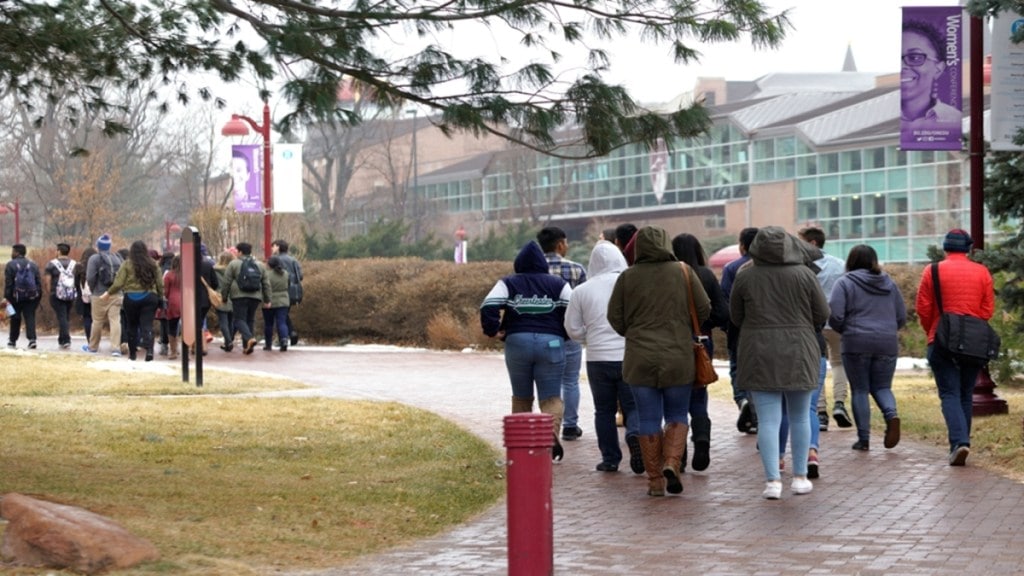In a move that could reshape the future of international education in the US, Joseph Edlow, President Donald Trump’s nominee for director of US Citizenship and Immigration Services (USCIS), has proposed terminating the Optional Practical Training (OPT) programme. Edlow’s remarks during a Senate Judiciary Committee hearing on Wednesday alarmed university leaders, technology companies, and thousands of international students relying on post-graduation work authorisations to remain in the US.
Edlow calls OPT a “misapplication of the law”
Responding to a question from Senator Mike Lee (R-UT), Edlow criticised the way OPT has been implemented, referencing past court decisions that upheld the programme. “What I want to see would be essentially a regulatory and sub-regulatory programme that would allow us to remove the ability for employment authorisations for F-1 students beyond the time they are in school,” he said.
If enacted, the change would end the ability for international students to work after completing their studies — effectively gutting the OPT and STEM OPT extensions that are key pathways to H-1B visas and long-term employment in the US.
Why is OPT and STEM OPT vital for students and employers?
Optional Practical Training currently allows F-1 visa holders to work for up to 12 months in their field of study after graduation. Students in STEM fields (science, technology, engineering, and math) can extend this by another 24 months, increasing their chances of securing an H-1B visa.
According to the Institute of International Education, over 242,000 students were enrolled in OPT or STEM OPT in the 2023/24 academic year. Removing this opportunity could deter thousands from studying in the US, say education advocates.
Backlash from education and business communities
Experts argue that eliminating OPT would significantly hurt America’s ability to attract global talent. Miriam Feldblum, Executive Director of the Presidents’ Alliance on Higher Education and Immigration, warned: “Any rollback of OPT will severely harm international students and our ability to attract talented students from around the world, our nation’s global competitiveness, economic growth, national research capacity, and future innovation.”
Business associations, including tech giants and educational institutions, had previously defended OPT in a legal case brought by Washtech, a group opposing international student employment. In 2022, the US Court of Appeals for the DC Circuit upheld the program’s legality.
Contradiction with Trump’s earlier position
Edlow’s proposal appears to conflict with Donald Trump’s own stance, where he once suggested that international graduates should automatically receive green cards. If implemented, this move is likely to jeopardise one of the US’s strongest tools for retaining highly skilled talent .

